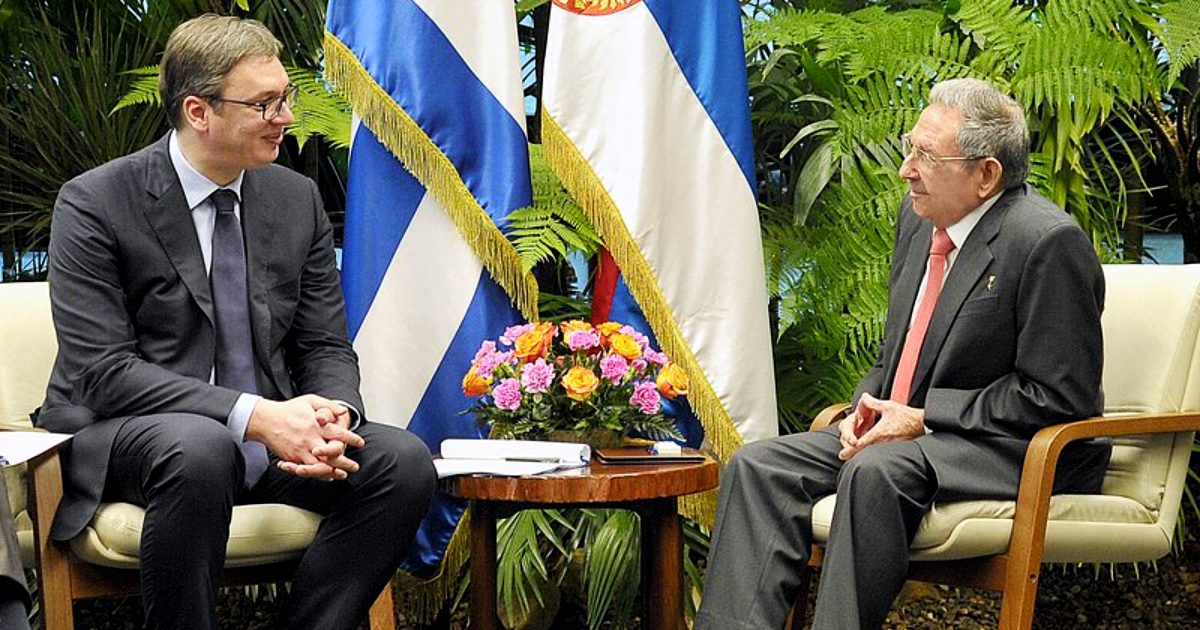
A recent vote by the UN General Assembly, composed of 193 members, approved a resolution establishing an annual day to commemorate the genocide of Srebrenica, which occurred in 1995.
The resolution was approved with 84 votes in favor, 19 against, and 68 abstentions. According to Radio Television Serbia (RTS), among the countries that voted against it are Cuba, along with other nations such as China, Russia, and North Korea.
The resolution designates July 11 as the "International Day of Reflection and Remembrance of the Genocide in Srebrenica in 1995". This genocide, in which more than 8,000 Bosnian Muslims were killed by Bosnian Serbs, is one of the worst atrocities to have occurred in Europe since World War II.
The resolution does not specifically mention Serbs as responsible, but it has sparked intense opposition from the President of Republika Srpska, Milorad Dodik, and the Serbian President, Aleksandar Vučić.
The genocide of Srebrenica was the bloody climax of the Bosnian War (1992-1995), which arose after the disintegration of Yugoslavia.
The Serb-Bosnian troops invaded a safe zone protected by the UN in Srebrenica and separated Bosnian Muslim men and children from their families to later execute them. Those who tried to escape were pursued and killed in the surrounding forests and mountains. This massacre was confirmed as genocide by two UN tribunals.
The rejection of the resolution by certain countries reflects concerns about its impact on reconciliation efforts in Bosnia-Herzegovina, a country still deeply divided. Dodik argued that the resolution is being imposed by supporters of the Bosnian Muslims and could exacerbate ethnic tensions, even suggesting a possible secession of Republika Srpska from Bosnia-Herzegovina if the resolution were approved.
Cuba's vote against this resolution is consistent with its track record in international votes where it tends to align with countries that question the dominant narrative of the West in international conflicts.
This stance can be interpreted as part of its foreign policy that seeks to maintain friendly relations with Russia and China, as well as with other countries that share a critical stance regarding Western interventions.
Cuba's votes in United Nations Resolutions condemning Russia's invasion of Ukraine, validating the Kremlin's points of view, show to what extent Cuba's sovereignty bends to the dictates of powers allied with the totalitarian regime of Havana.
In June 2023, ruler Miguel Díaz-Canel traveled to Serbia on an official visit and stated that his objective was to seek economic, commercial, and investment links in areas of common interest such as agriculture, biotechnology, culture, sports, education, health, and tourism.
As part of them, Vučić and Díaz-Canel signed an agreement exempting visa requirements for official and diplomatic passports, although they kept the travel restriction in place for citizens adopted in April of that year, when Serbia abolished visa-free travel for Cuban citizens.
In addition to Cuba, other countries that voted against include Belarus, Eritrea, Eswatini, and Nicaragua. Meanwhile, nations such as Brazil, India, and Mexico chose to abstain, highlighting the complexity of the issue and concerns about the resolution process.
The genocide of Srebrenica remains a sensitive issue, not only for Bosnia-Herzegovina but also for the international community. The decision to establish a day of remembrance aims to honor the victims and to highlight the importance of preventing such atrocities in the future. However, the vote shows that there are still profound divisions and sensitivities regarding how to address and remember these tragic events.
What do you think?
COMMENT.Filed under: